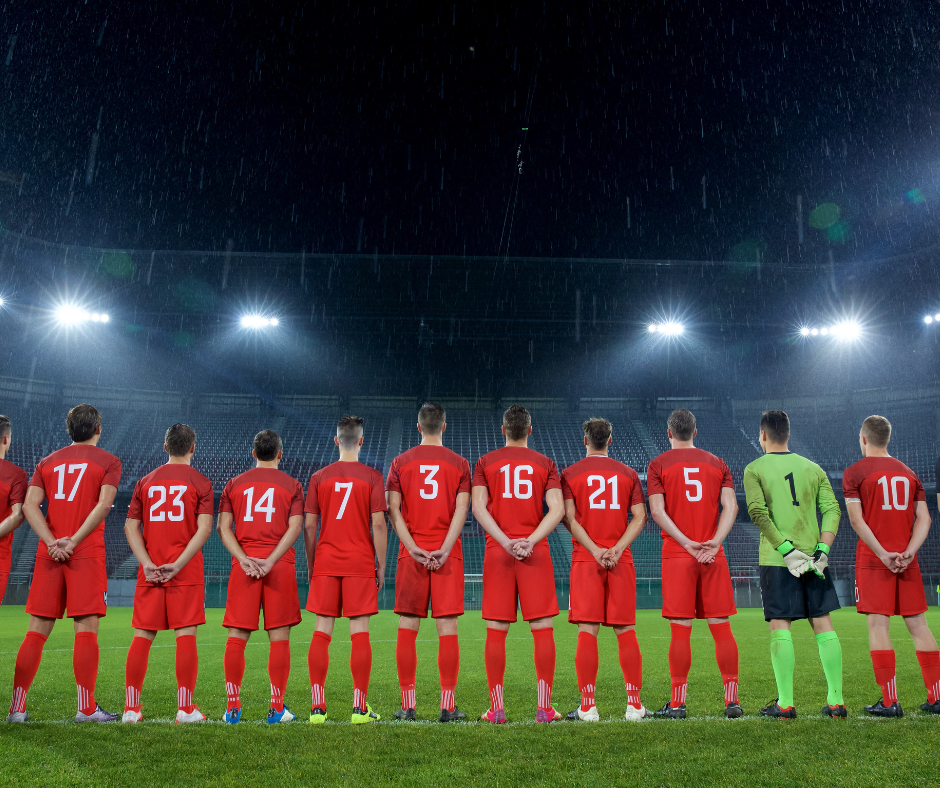
27 Mar Team coaching
For me the football team is one of the best examples of a real team where everyone has a clear role, prepared to support the team, contributing for achieving an important collective KPI – shooting as many goals as possible to win.
I enjoyed watching Worldwide football cup from Qatar and I was noticing what has functioned for the winner, the Argentinian team:
- How the TL played – using his talent to create opportunities and offered chances to his colleagues to take over the lead and contribute (delegating)
- Huge support from their fans (stakeholders) on stadiums and in online
- A permanent exchange of team players in the field, allowing to more team members to play and face the challenge of the game – team dynamics, exposure, preparation
- Taking care about those players with medical problems and introduce them in the game only in specific moments and for limited periods of time – maximizing contribution
- Changing the tactics based on what the coaches were noticing about the adverse player
- The strong motivation of fighting for the title, as a last participation of their actual TL in a worldwide competition and a recognition for another famous Argentinian player who left this world – recognizing talent and previous contributions as a solid base for moving forward.
Like the football team coach, in a team coaching process, the team coach has the role to notice and share, to challenge, co-create with the team a safety space where each voice can be heard, to support collective learning and achievement of collective KPI’s.
Team motivation, leadership of the TL in supporting the team, efficiency in achieving results, team performance, stakeholders support, team dynamic are topics which can be addressed in team coaching.
Several benefits of the team coaching:
- can decrease communication risks and conflicts
- is an excellent opportunity for individuals working in an organization to share their thoughts, ideas, and experiences, to create a supportive climate where ideas can flourish
- is preventing conflict from undermining productivity, by taking a team-focused approach
- improves team performance by bringing together individuals who work together to increase the effectiveness and cohesiveness of the team
- enable understanding and appreciation of different members’ unique strengths
- offers a solution against dysfunctional teams
Team Coaching is Not Team Building
Team coaching objectives are outcomes of a diagnose phase, where the team seats in the middle of a complex business environment and eco-system.
Both team building and team coaching are facilitation the cohesion.
The difference consists between “fun”, for the first, and “work” for the second.
Coaching a team is more complex and challenging than coaching individuals. Team coaches are facing and dealing with complex behaviors, challenging team dynamics and lots of unknown coming in the moment and requiring specific competencies to deal with.
And that is why team coaching is more rewarding than individual coaching.


